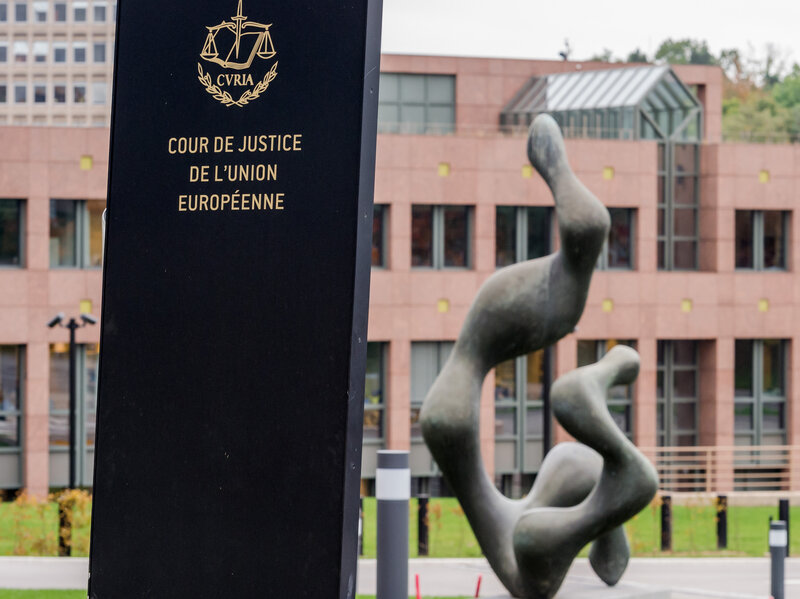
By Jenilyn Brhel
Impunity Watch Reporter, Europe
LUXEMBOURG – The European Union’s top court issued a ruling requiring Hungary to reconsider the case of a Nigerian man whose asylum application was denied after psychological tests could not determine his sexual orientation.
Officials in Hungary administered improper psychological tests, “namely the ‘Draw-A-Person-In-The-Rain’ test and the Rorschach and Szondi tests,” on an unidentified Nigerian man seeking refuge in the country, according to the ruling. The man was seeking asylum due to feared persecution he faced in Nigeria on account of his sexuality.
In April 2015, the man, known as “F”, applied for asylum in Hungary. He was then subjected to several psychological assessment tests that were allegedly used to determined his sexuality. At the conclusion of the tests, the psychologist determined the results of the tests were inconclusive and the man’s asylum application was rejected.
Same-sex marriage is prohibited in Nigeria. According to polls conducted in the country, 90% of citizens support a continued ban on same-sex relationships. Homosexual acts are illegal in most African countries.
The EU ruled in 2013 that asylum could be granted to those who were jailed because of their sexual orientation.
The European Union’s top court found that the tests amounted to “a disproportionate interference in the private life of the asylum seekers.”
The European Union Agency for Fundamental Rights reports that hundreds of asylum seekers seeking refuge in European Union are homosexuals fearing persecution in Africa, the Middle East and Chechnya.
In a similar case in the Netherlands in 2014, the EU ruled that sexuality tests there violated the rights of asylum seekers.
The Court allows countries to seek expert opinions in assessing “the facts and circumstances relating to the declared sexual orientation of an applicant” but mandates that the procedures respect the EU Charter’s guaranteed fundamental human rights. Additionally, authorities may not base decisions on expert opinion alone and expert opinions must be considered as non-binding.
The use of psychological tests has been criticized for their intrusion into “the most intimate aspects of life”, according to the judgment. In 2010, authorities in the Czech Republic were criticized for their use of pornography in psychological tests.
The ruling has been called an “important step against one of the many problems and humiliations LGBT refugees still face in many EU member states” by Katrin Hugendubel, Advocacy Director for ILGA-Europe, a human rights advocacy organization in Europe.
The ruling is binding in the 28 member states of the EU.
For more information, please see:
BBC News – Asylum Seekers Must not be Forced to Take ‘gay’ Tests – 25 January 2018
Newsweek – ‘Gay Tests’ for Refugees in Europe Should be Banned, Says Court – 25 January 2018
NPR – EU Court Rejects ‘Gay Test’ for Asylum Seekers – 25 January 2018
Reuters – EU Court Bars ‘Gay Test’ for Asylum Seekers – 25 January 2018










